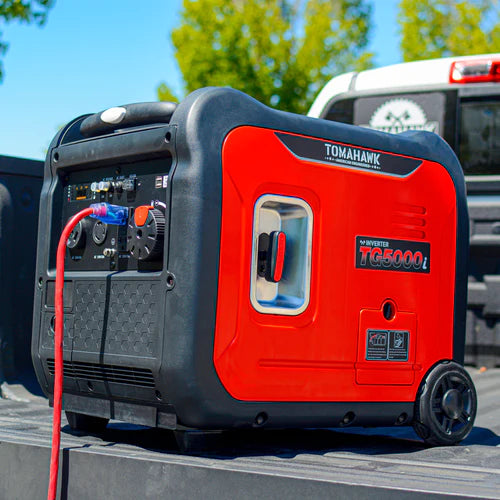Electricity is a critical aspect of modern life. When you have a generator, you don't need to be worried about blackouts or brownouts. You will be able to keep your home safe and secure even when there are problems with the local electricity supply. Here are some of the things you should know about generators:
How Generators Work
Generators are a type of motor that converts mechanical energy into electrical energy. The most common type of generator uses the principle of electromagnetic induction to produce electricity from rotating coils and magnets, which are usually powered by gas or diesel fuel. Generators can be portable or stationary, but they all have one thing in common: they generate power through a process known as "magneto-mechanical conversion."
The operation of a generator begins with an engine turning over an electromagnetic field made up of both coils and permanent magnets (or electromagnets). As the rotation continues, this magnetic field alternates between attracting and repelling itself at high speeds causing electrons within it to move back-and-forth rapidly--this creates current flow through wires attached directly onto either side of each coil/magnet pair!
What You Need to Know About Voltage and Wattage
Voltage and wattage are two important terms you should know when it comes to generators. Voltage is the pressure that pushes electricity through wires; it's measured in volts (V). Wattage refers to how much electricity a device uses, or how much power it draws from an outlet. Generators are rated by their wattage capacity so you can see how much power they'll produce when running at full speed--and that means they can also be used to power devices with lower wattages than their rating if you're careful about how many of them run at once.
Powering Your Home with a Generator
Before using your generator, become familiar with what it can and cannot power. Generators are not designed to power everything at once, so you'll need to make sure your load is reasonable. Generators are not a substitute for a power outage, dead battery, or bad weather. Generators are not even a good idea if you haven't planned ahead and have extra fuel on hand when the weather is bad, or roads aren't passable
PRO TIP: A wattage calculator is an online tool that allows users to enter their electrical demands and see how many watts they will need from their generator in order for everything to work correctly.
Now that you know how generators work, it's time to start using one. Before connecting your generator to the home power system, make sure that the unit has been tested and certified by a qualified professional. You should also check its voltage and amperage ratings against those required by your appliances so there are no surprises when turning them on for the first time. Finally, keep in mind that most generators are not designed to run everything at once; plan accordingly when powering up large appliance loads such as air conditioners or refrigerators--they may need extra time on startup before reaching full output levels due to their high demand for current!










